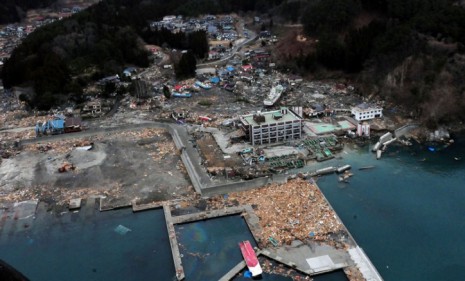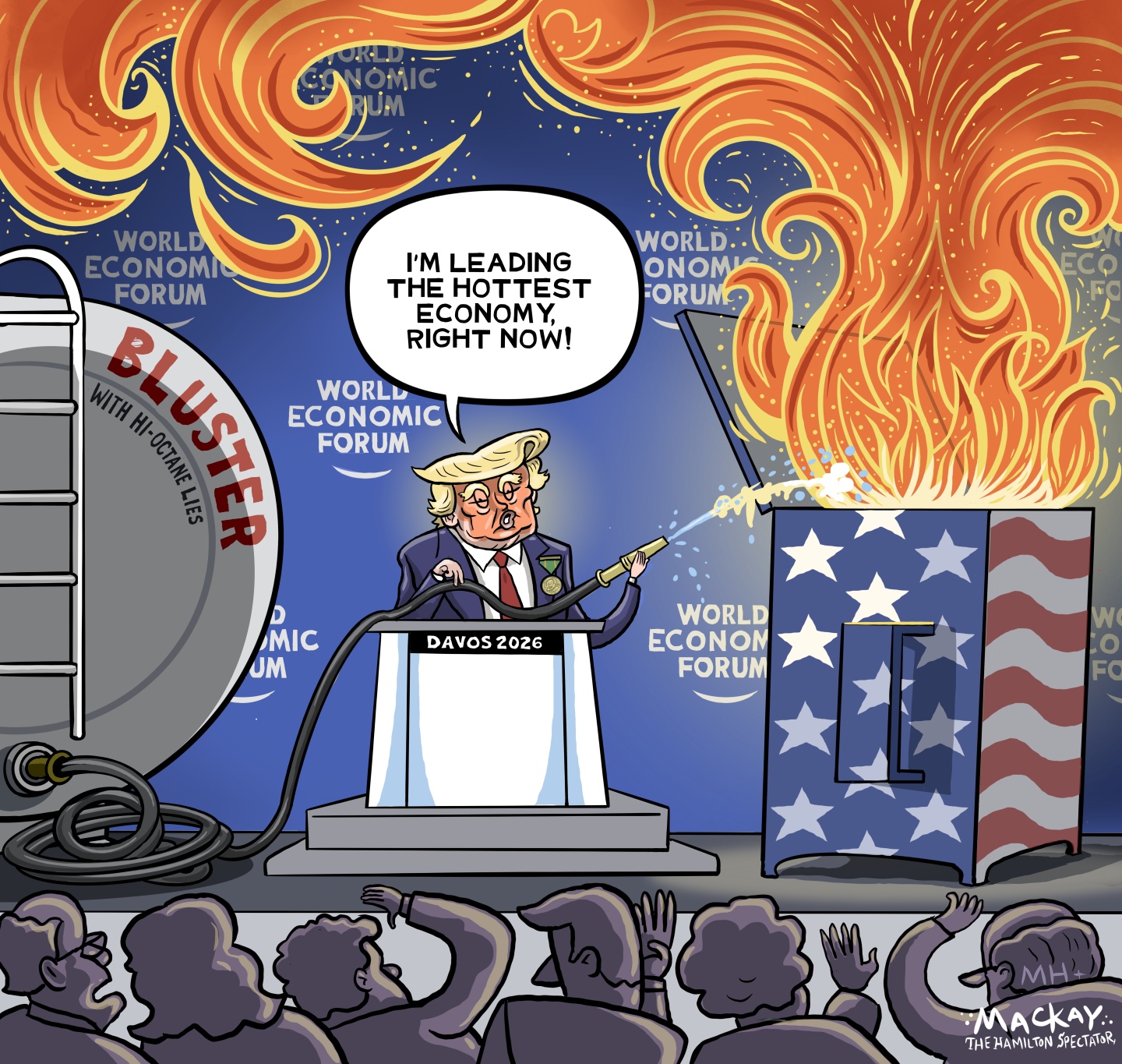Did Michael Lewis predict Japan's disaster in 1988?
The author of "The Blind Side" wrote an uncannily prescient article on the devastation an earthquake could do to Japan, and the world economy

Little more than a year before Michael Lewis made his name with the 1989 book Liar's Poker, he wrote a piece for the now-defunct magazine Manhattan Inc about the plausibility of a large-scale earthquake in Japan. Here, a look at what the renowned financial journalist got right, what he got wrong, and what could still come true:
What was the article about?
The article, titled "How a Tokyo Earthquake Could Devastate Wall Street and the World Economy," focused on the possibility of a large-scale quake in the country's capital, how it would devastate Japan, and what it might mean for the global economy.
The Week
Escape your echo chamber. Get the facts behind the news, plus analysis from multiple perspectives.

Sign up for The Week's Free Newsletters
From our morning news briefing to a weekly Good News Newsletter, get the best of The Week delivered directly to your inbox.
From our morning news briefing to a weekly Good News Newsletter, get the best of The Week delivered directly to your inbox.
How similar is Lewis' forecast to what happened?
The article is "disturbingly prophetic," says The Huffington Post. Lewis wrote that a serious earthquake in Japan was inevitable, and also that the economic consequences would be felt across the world. It foresaw a surging yen, just as we're seeing now, and a "volatile stock market."
Did he get anything wrong?
Yes. In fact, the "remarkable" thing about the article, says Shira Ovide at The Wall Street Journal, is "how wrong Lewis turned out to be." Tokyo's destruction, he predicted, would sap economic growth worldwide as Japan sold off foreign assets and halted loans to pay for rebuilding. While the Japanese stock market would surge as a result of inward investment, other markets would collapse and global interest rates would soar. But contrary to Lewis' prediction, analysts say global growth is likely to decline less than 0.1 percent as a result of the quake. On the other hand, Japan's stock market is on course to collapse, spectacularly.
A free daily email with the biggest news stories of the day – and the best features from TheWeek.com
What changed since 1988?
It's all to do with context, says Lewis in Bloomberg Businessweek. When I went to Japan in 1988, the country was an economic powerhouse on course to end U.S. dominance. It had "high savings rates, massive trade surpluses, a booming economy and stock market... There was no question then that Japan would bounce back." But now it is mired in debt, with an economy in the doldrums — and that was before the quake. "Today, Japan feels almost doomed."
What else is different?
The quake itself, of course. Lewis predicted it would hit Tokyo and didn't even consider the possibility of nuclear disaster. So, in many ways, his prediction hasn't come true yet. "The next great Tokyo earthquake is still long overdue," says Lewis. As for his prediction that the destruction of a great economic superpower could have dire consequences for the rest of the world, that could still come true, too, says Ovide at the WSJ. "If he were to swap the word "China" for Japan..."
Sources: The Huffington Post, Wall Street Journal, Bloomberg Businessweek
-
 6 exquisite homes for skiers
6 exquisite homes for skiersFeature Featuring a Scandinavian-style retreat in Southern California and a Utah abode with a designated ski room
-
 Film reviews: ‘The Testament of Ann Lee,’ ’28 Years Later: The Bone Temple,’ and ‘Young Mothers’
Film reviews: ‘The Testament of Ann Lee,’ ’28 Years Later: The Bone Temple,’ and ‘Young Mothers’Feature A full-immersion portrait of the Shakers’ founder, a zombie virus brings out the best and worst in the human survivors, and pregnancy tests the resolve of four Belgian teenagers
-
 Political cartoons for January 25
Political cartoons for January 25Cartoons Sunday's political cartoons include a hot economy, A.I. wisdom, and more